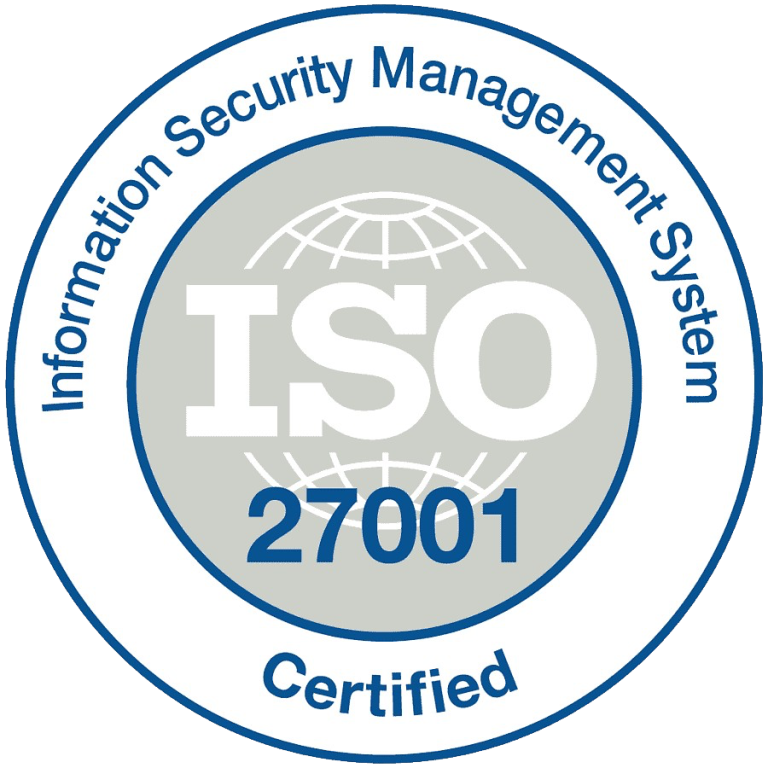Bulk SMS in Ghana, or Short Message Service, sends many text messages to a broad audience. It has become a potent tool for businesses seeking efficient communication channels to connect with their target audience.
In Ghana, the use of bulk SMS is on the rise due to its ability to reach a vast audience instantly. As the telecommunications infrastructure in Ghana continues to evolve, businesses are capitalizing on bulk SMS as a direct and efficient communication medium with their target audience.
However, it’s important to acknowledge that while bulk SMS can be a powerful instrument, it also bears the potential risk of spam. Spam messages are a possible downside of bulk SMS and can result in undesirable advertisements, unwarranted exposure of confidential information, and the risk of fraud.
Therefore, using bulk SMS responsibly and strictly adhering to the relevant regulations is essential. This ensures that communication remains adequate while minimizing the risks associated with spam, thereby striking a balance between reach and security.
This article will explore the legal and regulatory aspects of bulk SMS in Ghana. It provides a comprehensive understanding of its implications and the precautions businesses must take to use it effectively and responsibly.
Understanding the legal aspect of bulk SMS
In Ghana, the legal framework surrounding bulk SMS is fundamentally designed to safeguard consumers and curb spam. Businesses are mandated to secure explicit consent from individuals before sending them text messages.
This requirement is especially critical for marketing or other non-essential communications. Non-compliance not only breaches the law, potentially leading to legal repercussions, but it can also tarnish the organization’s reputation and annoy the audience.
Consequently, businesses must comprehend these legal stipulations and ensure their adherence when employing bulk SMS as a mode of communication.
This understanding allows enterprises to leverage the benefits of bulk SMS while respecting consumers’ rights and maintaining a positive brand image.
Understanding the regulatory aspect of bulk SMS
On the regulatory front, the use of bulk SMS in Ghana is subject to guidelines set forth by telecommunications authorities. These guidelines aim to ensure that businesses use bulk SMS in a manner that respects consumers’ rights and privacy.
For instance, unless urgent, companies are encouraged to communicate only during an end user’s daytime hours. These regulatory guidelines are designed to promote the responsible use of bulk SMS, ensuring that it is an effective communication tool while respecting the recipient’s rights and preferences.
The Regulations and Guidelines Established by The NCA For Bulk SMS
Ghana’s National Communications Authority (NCA) has established specific regulations and guidelines for bulk SMS messaging. These guidelines aim to ensure that businesses use bulk SMS in a manner that respects consumers’ rights and privacy.
For instance, businesses are encouraged to only communicate during an end user’s daytime hours unless it is urgent. Contacting end users on do-not-call or do-not-disturb registries is strongly discouraged.
Twilio, a renowned cloud communications platform, offers valuable insights into Ghana’s regulatory guidelines for SMS communication.
These guidelines ensure businesses adhere to all applicable laws when using SMS as a communication tool. Twilio strongly advises customers to consult a qualified legal counsel to review their proposed use cases for compliance.
Key points from these guidelines include:
- Opt-in consent: It’s crucial to obtain opt-in consent from each recipient before sending any form of communication, especially for marketing or other non-essential communications. This ensures respect for the recipient’s privacy and choice.
- Daytime hours: Unless urgent, communication should be restricted to the recipient’s hours. This shows respect for the recipient’s time and personal space.
- Support for HELP/STOP messages: SMS campaigns should be designed to support HELP/STOP messages and similar commands in the recipient’s local language. This gives recipients control over the communications they receive.
- Do not disturb registries: Businesses should avoid contacting individuals listed on do-not-call or do-not-disturb registries. This is a legal requirement and a demonstration of respect for personal boundaries.
These regulatory guidelines aim to foster the responsible use of bulk SMS, ensuring it serves as an effective communication medium while honoring the recipients’ rights and preferences.
Adherence to these guidelines ensures compliance with the law, builds customer trust, and enhances the business’s reputation.
The Key Regulatory Considerations for Bulk SMS
- Registration and permissions: Bulk SMS providers must secure licenses and registrations, which is crucial. Demystifying this process ensures providers understand the necessary steps to operate legally within the industry.
- Content compliance: Message content is restricted to prevent spam, phishing, and offensive language. Understanding these restrictions helps providers maintain compliance and uphold the integrity of their services.
- Data privacy and consumer protection: Ghanaian laws protect recipient information and uphold consumer rights, including opt-in/opt-out mechanisms. These laws ensure that consumers have control over the messages they receive.
- Legal repercussions for non-compliance: Non-compliance can result in penalties for unsolicited messages (spam) and potential consumer lawsuits. Providers need to understand these possible consequences.
- Content Liability: The legal complexities surrounding content liability can be challenging. Determining who is responsible for the content of messages transmitted through bulk SMS is a key consideration. Understanding these regulatory considerations is vital for any business leveraging bulk SMS as a communication strategy.
The Compliance and Best Practices of Bulk SMS
The compliance and best practices of bulk SMS involve several key steps:
- Obtaining the necessary licenses and registrations: Bulk SMS providers must secure the required permits and registrations to operate legally.
- Implementing robust opt-in and opt-out systems: Providers should have systems that allow recipients to easily opt-in or opt out of receiving messages.
- Establishing content filtering and monitoring procedures: Providers should implement procedures for content filtering and monitoring to prevent spam and ensure content compliance.
- Enacting data security measures: Providers must enact robust data security measures to protect recipient information.
- Limit the Use of SMS Abbreviations: While SMS abbreviations are commonly understood, their usage should be minimal. Not everyone may understand them; depending on your audience, they can appear unprofessional.
- Ensure Your Bulk SMS Adds Value: Each text message you send should be valuable. If individuals have given you explicit permission to text them, it is important to provide them with worthwhile content in return. If your text program is for marketing purposes, keep your messages engaging and fresh.
- Offer an Opt-Out Option in Your Bulk SMS Campaign: Your subscribers must know they can opt out of your text messaging program whenever they want. Your SMS marketing service should automatically do this for customers in their auto-replies. However, it’s good practice to occasionally remind your subscribers about the opt-out process in your text messages.
These steps provide a practical roadmap for bulk SMS providers to ensure legal and regulatory compliance.
Conclusion
As bulk SMS usage expands in Ghana, businesses must comprehend and follow this communication medium’s legal and regulatory guidelines. This enables effective engagement with their audience and ensures legal compliance.
Compliance with legal and regulatory frameworks in the bulk SMS industry in Ghana fosters trust among users and businesses. This trust, built on respect for privacy and the prevention of misuse, is fundamental to sustainable growth.
It encourages more businesses to adopt bulk SMS, knowing they’re operating responsibly and legally, and assures users that their data is handled with integrity.
This confidence propels the industry’s expansion, contributing to Ghana’s robust and sustainable bulk SMS ecosystem. Adhering to these frameworks is key, as it fosters trust and safeguards business reputations while complying with laws.
It’s always advisable to consult legal counsel to align all activities with current regulations. Bulk SMS’s legal and regulatory aspects in Ghana significantly influence its usage.
Businesses aiming to incorporate bulk SMS into their communication strategy should acquaint themselves with these aspects to use this tool effectively, responsibly, and in compliance with all pertinent laws and regulations.





